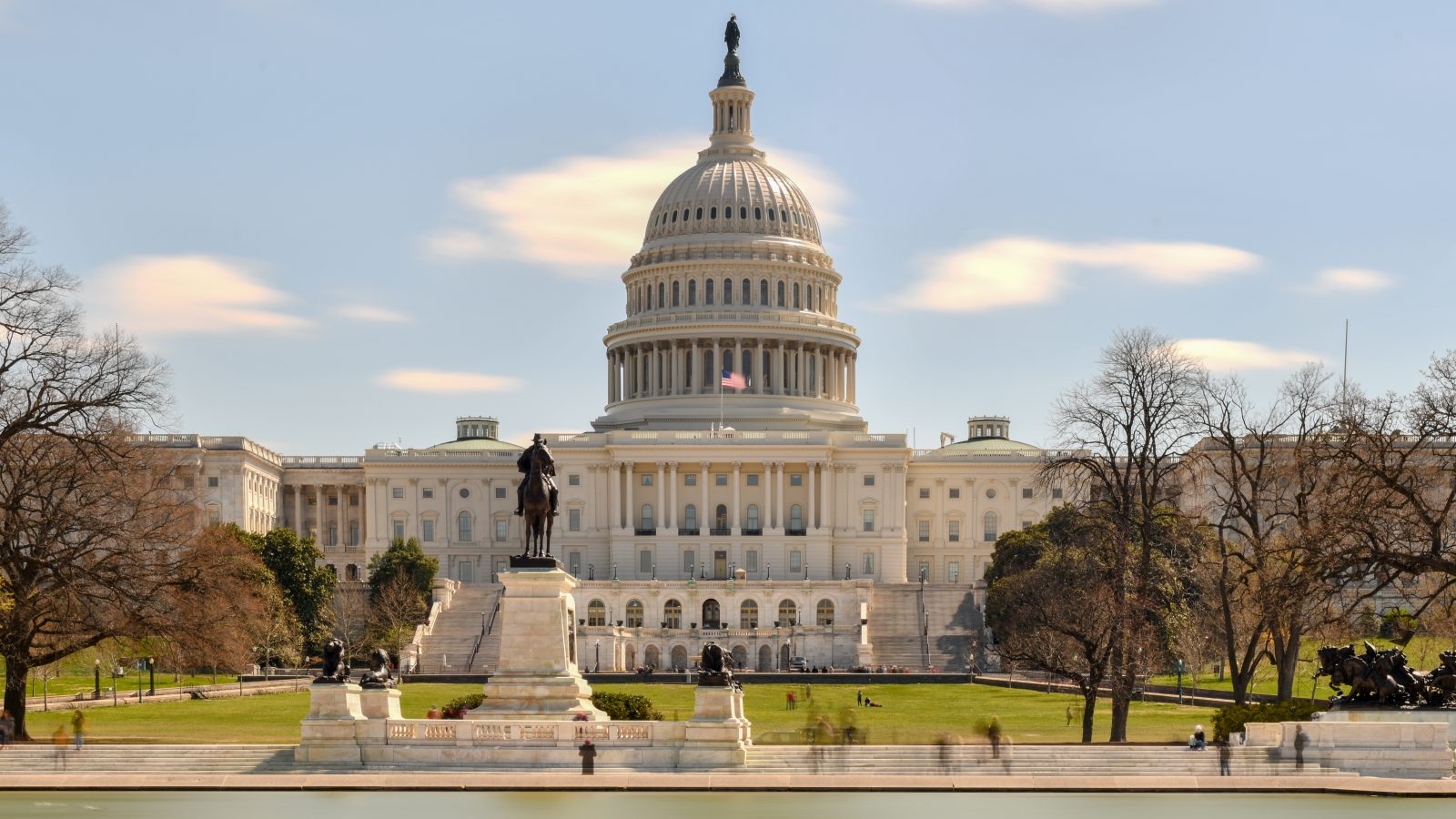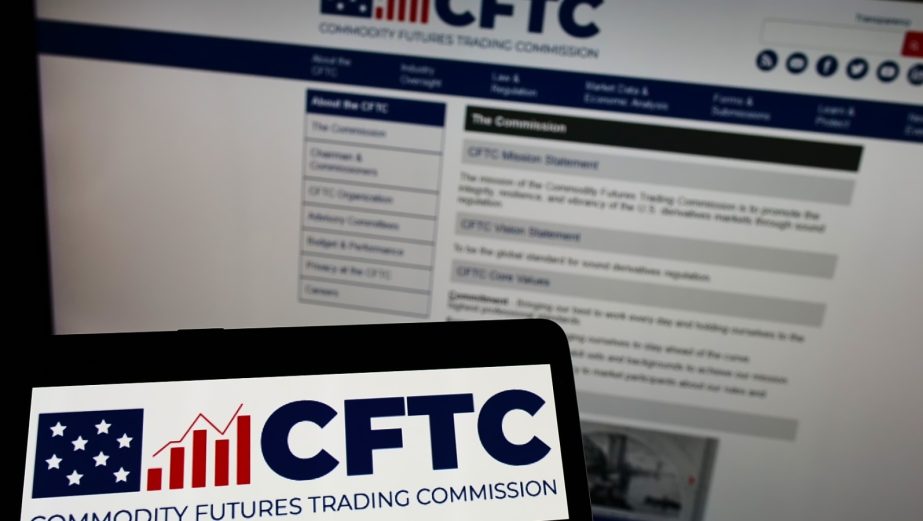Michael Selig, President Donald Trump’s pick to be the new chair of the Commodity Futures Trading Commission (CFTC), will have a hearing before the United States Senate Committee on Agriculture, Nutrition, and Forestry on Wednesday, Nov. 19, according to a new committee posting Tuesday.
Selig is likely to be grilled on subjects including prediction markets, which he would be tasked with regulating if appointed to the role.
The hearing is the first step in the Senate’s process of confirming a new CFTC chair. The committee holds a hearing in which senators can question the candidate, and then votes on their nomination. If approved by the committee, the full senate can vote on their candidacy.
Selig was selected by the president to be considered to be the new chair of the CFTC last month, after Brian Quintenz’s nomination stalled.
During Quintenz’s hearing, Sen. Cory Booker of New York and Sen. Adam Schiff of California both challenged the candidate’s stance on prediction markets.
Selig was on pro prediction market letter
Selig’s history with prediction markets is less extensive than Quintenz’s, who is a board member of Kalshi. He previously — during his time as a CFTC commissioner — wrote an unofficial dissenting opinion making the case for sports event contracts to be allowed.
There are signs that Selig may also support the vertical.
As a lawyer with Willkie Farr & Gallagher LLP, Selig worked on a July 2024 letter from venture capital fund Paradigm Operations, arguing that the CFTC should permit Kalshi to offer political event contracts. Selig is one of three Willkie Farr & Gallagher lawyers whose name appears at the bottom of the letter, which is attributed to Paradigm Government Affairs Lead Alexander Grieve. Paradigm went on to invest in Kalshi in June of this year.
The letter argued that it was “arbitrary and capricious” to ban not just election event contracts – which were the main subject of the CFTC’s call for responses – but also sports event contracts.
On social media site X, he also referred to the CFTC’s decision to withdraw the no-action letter that had allowed PredictIt to operate an elections prediction market as “administrative overreach,” and suggested that efforts to ban regulated electoral betting were misguided.
Selig is also an ally of the cryptocurrency industry, and currently works at the Securities and Exchange Commission (SEC) as chief counsel of the SEC Crypto Task Force.
If Quintenz’s nomination is any indication, voting on Selig could go down party lines, with Republicans in favor and Democrats opposed. There are 12 Republicans and 11 Democrats on the committee.
However, Republican Sen. Cindy Hyde-Smith wrote in September that prediction markets have an “unfair edge” over state-regulated sportsbooks, which may make her more open to flipping her vote. The original committee vote on Quintenz’s nomination was delayed because Hyde-Smith was not present due to a missed flight.
Selig will be only commissioner at first
The role of CFTC chair has been vacant since Rostin Benham left the role in January, and if Selig is nominated, he will be the only commissioner in place, at least at first. Former commissioners Summer Mersinger and Christy Goldsmith Romero both left their roles at the end of May, while current Acting Chair Caroline Pham will leave when a new chair is appointed.
The CFTC, under a new chair, could make a concrete decision on how it views sports event contracts. In September, just before the government shutdown, the CFTC noted in a letter that the regulator had not made a formal decision on whether sports event contracts violate its rules around contracts contrary to the public interest.
The CFTC could also weigh in on court cases currently concerning prediction markets. Kalshi is involved in lawsuits against the states of Nevada, New Jersey, New York, Maryland, and Massachusetts, while Crypto.com has said it will appeal a decision that caused it to take down its sports event contracts in Nevada. The CFTC could potentially file a brief in one of these lawsuits, outlining its understanding of sports event contracts and the relevant rules.








